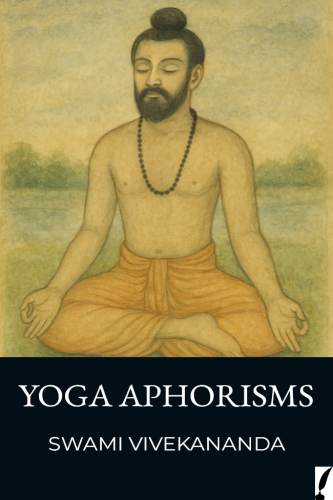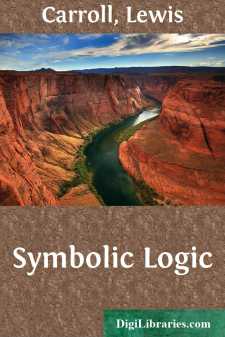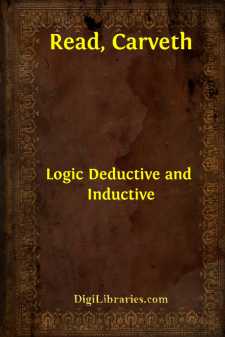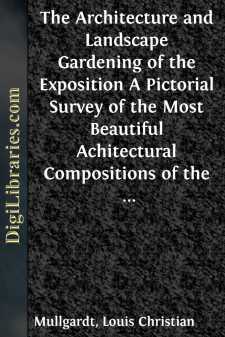Categories
- Antiques & Collectibles 13
- Architecture 36
- Art 48
- Bibles 22
- Biography & Autobiography 815
- Body, Mind & Spirit 144
- Business & Economics 28
- Children's Books 18
- Children's Fiction 14
- Computers 4
- Cooking 94
- Crafts & Hobbies 4
- Drama 346
- Education 58
- Family & Relationships 59
- Fiction 11833
- Games 19
- Gardening 17
- Health & Fitness 34
- History 1378
- House & Home 1
- Humor 147
- Juvenile Fiction 1873
- Juvenile Nonfiction 202
- Language Arts & Disciplines 89
- Law 16
- Literary Collections 686
- Literary Criticism 179
- Mathematics 13
- Medical 41
- Music 40
- Nature 179
- Non-Classifiable 1768
- Performing Arts 7
- Periodicals 1453
- Philosophy 65
- Photography 2
- Poetry 896
- Political Science 203
- Psychology 44
- Reference 154
- Religion 515
- Science 126
- Self-Help 85
- Social Science 82
- Sports & Recreation 34
- Study Aids 3
- Technology & Engineering 59
- Transportation 23
- Travel 463
- True Crime 29
Our website is made possible by displaying online advertisements to our visitors.
Please consider supporting us by disabling your ad blocker.
Yoga Aphorisms
Categories:
Description:
Yoga is one of the six classical schools of Hindu philosophy, collectively known as the Ṣaḍ-Darśanas. Like all other orthodox schools, Yoga upholds the authority of the Vedas. It is closely allied with Sāṅkhya philosophy and may, in many ways, be regarded as its practical counterpart. While Sāṅkhya presents a systematic metaphysical framework through theoretical exposition, Yoga guides the aspirant towards direct, experiential realisation of the same truths.
Despite their shared foundations, a significant doctrinal distinction separates the two systems. Classical Sāṅkhya does not acknowledge the existence of God, whereas Yoga does—though its conception of God differs markedly from conventional theistic views. The Īśvara of Yoga is not a creator deity in the familiar sense, but rather an eternally liberated, omniscient Puruṣa (soul)—the original teacher (Ādi Guru), forever untouched by the entanglements of material existence. According to both Sāṅkhya and Yoga, the material universe—real and not illusory—emerges from Prakṛti (unmanifest primordial matter) through a series of transformations. Liberation is attained by realising that the Puruṣa (soul) is entirely distinct from this material realm.
The foundational text of the Yoga school is the Yoga Sūtra, composed by the sage Patañjali. Over the centuries, it has been translated and commented upon by countless scholars. In this free EPUB edition, we present the renowned translation and commentary by one of the most revered modern mystics—Swami Vivekananda. His interpretation is of particular value, not only because he was a master of Sanskrit, but also because he was a realised Yogi. This rare combination offers readers a unique opportunity to explore the depths of Yoga through the insights of a true practitioner.
Swami Vivekananda’s translation originally appeared in The Complete Works of Swami Vivekananda, Volume I (under the title Raja Yoga), which is now in the public domain. We are honoured to present this timeless work as a standalone digital edition, freely accessible to all.
For the sake of readability, we have omitted the original Sanskrit sūtras in this edition. It is our view that readers proficient in Sanskrit are unlikely to require a translation, while those relying on the English text may find the presence of the original unnecessary or even distracting. This editorial choice has been made with the aim of ensuring a smooth and uninterrupted reading experience.
May this humble offering serve as a gateway to the profound teachings of Yoga, and may the words of Swami Vivekananda continue to inspire and uplift seekers on the path to self-realisation.












